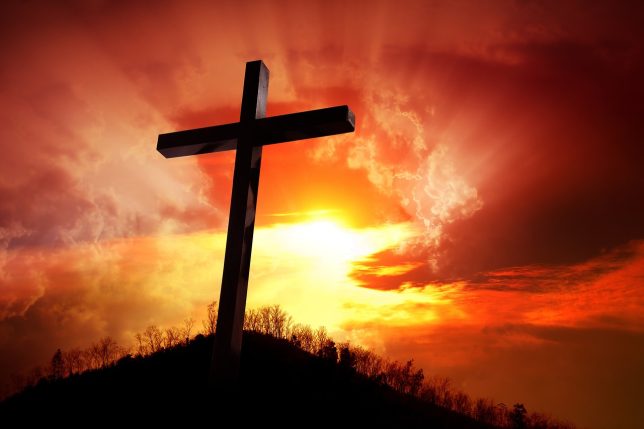I am Christian
I am Black
Sometimes synonymous
Sometimes a contrast
In a society that makes my skin an indicator
Of worth and status
Causing me to look at Christ
As a Robin Hood
Instead of a Catalyst
For a new creation
A restoration of light
But these shackles
Haven’t left my eyes
He came to set me free
Yes it’s true
It’s said that “we don’t battle against flesh and blood”
But that’s all I knew
The opposition seen working
With much paler faces
I say, “Jesus, set me free”
From being the object of discrimination
It gets difficult
Having these conversations
Because one gets offended
By the other one’s complications
The point of this message
Is to see the divide
That the Black community
Seeks a different part of Christ
Tainted by the struggles
Of misidentification
When I say, “I’m a Christian”
My black acts as a regulation
The subject of this poem is how being black, in America, specifically, shapes how black Christians look at
Christ. In the beginning, it speaks about the struggles of racial discrimination in the line, “in a society that
makes my skin an indicator of worth and status”. This is meant to emulate what it’s like to be racially
discriminated against, it’s to lower my value based on the color of my skin. In America, the darker you are the less value you are seen to have. As we move on to the “Robin Hood” line, the basis of the Robin
Hood story is that he stole from the rich to give to the poor, which may seem like a good outlook of Christ but that doesn’t align with His purpose and who He truly is. He came that we might have life and may have it more abundantly (John 10:10).
The enemy mentioned earlier in the verse is the angel that rebelled against God, not a specific race of people. This point of not fighting against flesh and blood (Ephesians 6:12) is brought into focus further down in the poem because the discrimination of black Americans has been funded, endorsed, and taught by a different race of people in the same country. So, it is so easy and even factual to say that this race of people is the reason for my discrimination, but that isn’t true based on the verse Ephesians 6:12. The intended picture of this poem is to see the clash between identities acquainted with struggle and faith acquainted with freedom. I implore every reader, no matter what race you are, to ponder on the words, describing the anger and anguish resulting from this discrimination. If you are white, take no offense for this not to place blame on a generational struggle. If you are Black, know that your experiences are real and trauma doesn’t need to be your identity any longer because of Christ.
Understand that trauma is not invalidated in Christ, but it should not be the foundation of our faith in Him.







